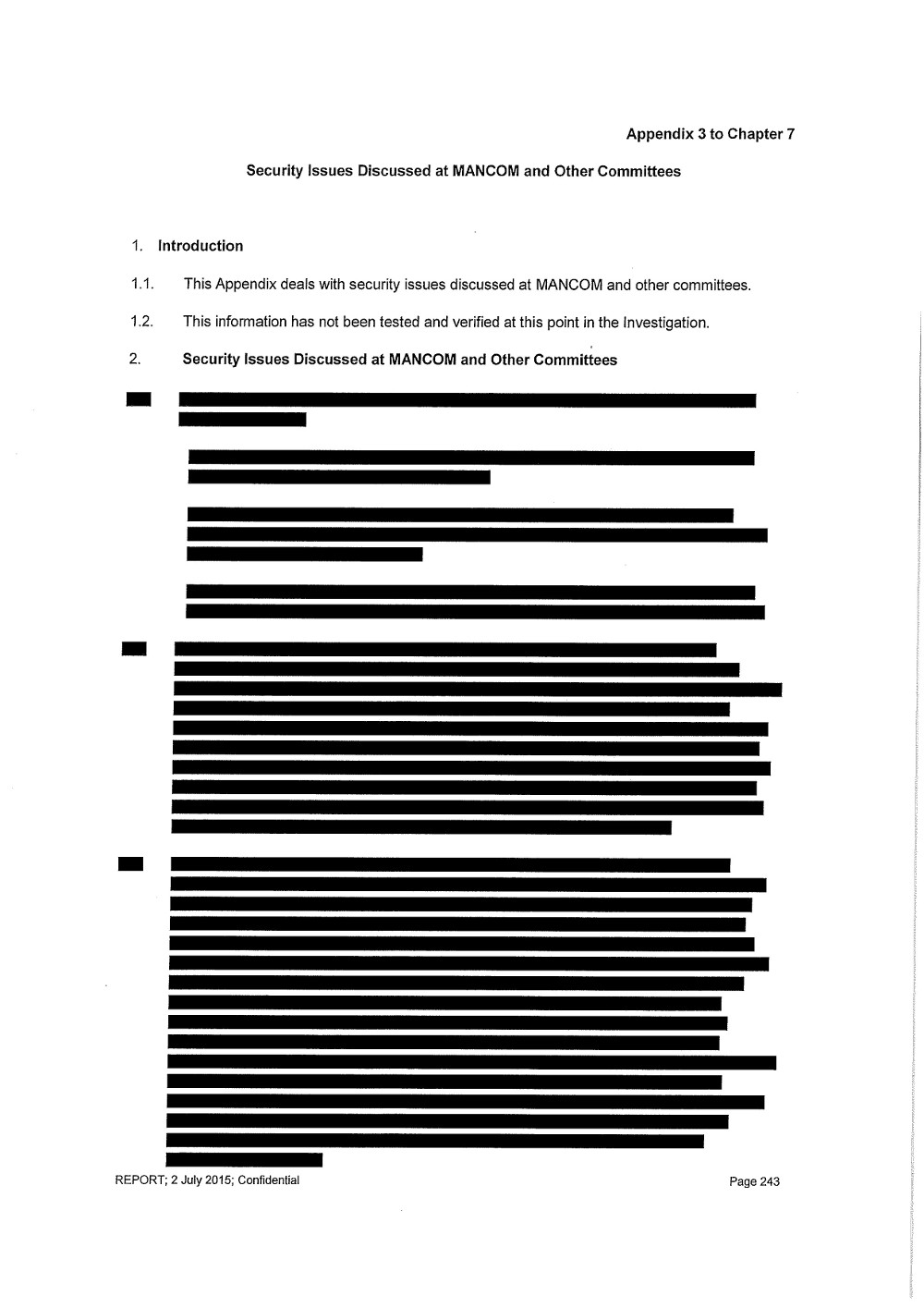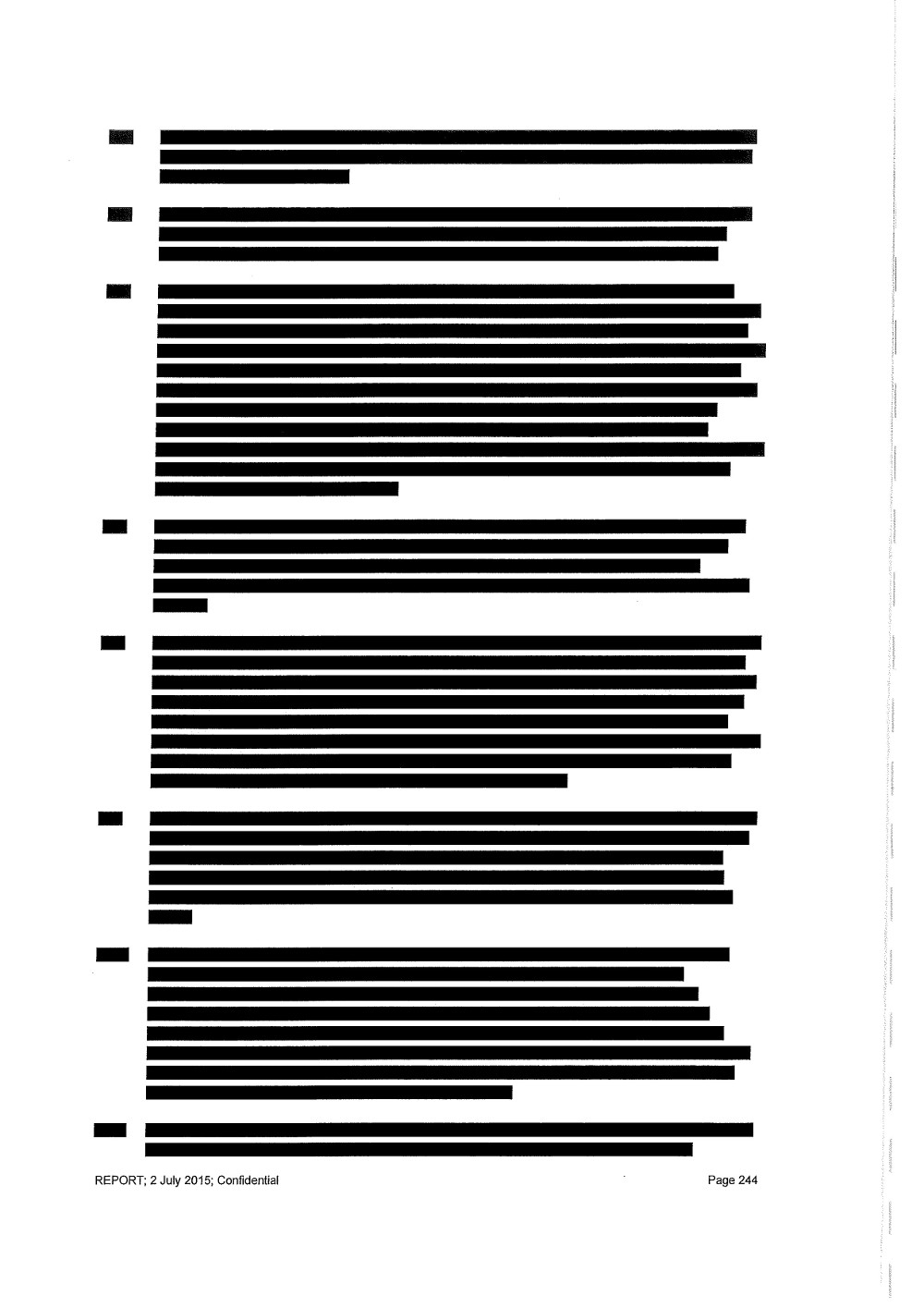Further load shedding looms if Eskom's liquidity crisis is not addressed.
In mid-2015 the Eskom board was told by a law firm, Dentons, to prioritise a forensic investigation into executives interfering in procurement — in the context of a dubious tender system and suspicions that hundreds of millions of rands had been wasted at the utility, even if there had been no outright corruption.
Dentons was employed by the board to investigate the poor state of the national power utility independently. Eskom promised to make the Dentons report public. Instead, it treated the law firm’s recommendation as top secret for nearly two years, an action it defended this week by saying the secrecy had been in the public’s best interests.
Then, on the eve of publication of a critical article by the Financial Mail magazine, Eskom suddenly scrambled to release the 304-page report for which it had paid more than R20‑million, tying itself into all manner of legal and logistic knots.
Though heavily redacted, the Dentons report that was finally released paints a shocking picture of Eskom at the time.
Among other things, it said that:
• Eskom whistle-blowers suggested that other employees were benefiting from contracts in ways that could constitute corruption, but Eskom did not provide access to information, such as emails, that could be used to test these allegations;
• There were tender irregularities that Eskom should have referred to the police but the law firm’s investigation was suddenly cut short before it could verify whether this had been done;
• An analysis showed that when earlier internal investigations found breaches, Eskom management ignored these findings for months. Dentons found this “astonishing”, considering that the recommendations sometimes included dismissing people for fraud;
• Eskom’s tender process could “be abused to conceal underlying duplicity”;
• In some instances procurement policy was flouted “but no appropriate sanctions” were imposed;
• Eskom did not have a system in place to show it how much it was paying for coal; and
• The failure by executives to seek to reduce coal prices while the company was under enormous financial strain “may be considered a dereliction of duty”.
The law firm also found that Eskom management committees approved budgets without knowing where the money would come from, as part of what seemed to be a deeper malaise. When financial trouble arose, Eskom would “seek help from the state rather than looking inwards to resolve the issue”.
The report points to various “red flags” around the diesel bought on an emergency basis to keep the lights on as coal-fired power stations struggled. Allegations were made that Eskom employees set up diesel-supplying companies through family members, Dentons said, and in other cases the use of intermediaries appeared to be “inefficient and potentially illicit”.


But when it received this report the Eskom board thought it would be a waste of money to continue with the investigation, chairperson Baldwin (Ben) Ngubane said this week. The board also decided that releasing the findings “would add too much pressure to the business”. This did not amount to hiding information, Ngubane insisted, but was a trade-off — “fix the organisation as quickly as possible or drag out the investigation”.
That trade-off had succeeded, Ngubane held, because Eskom was now ahead of schedule in building new power stations.
In reality Eskom is several years behind schedule in building new power stations but created a “re-baselined” schedule that wrote off all previous delays — and it is ahead of that new schedule.
Citing an array of sources and a copy of the report that was not redacted, the Financial Mail this week revealed that acting Eskom chief executive Matshela Koko featured prominently in the report.
The magazine also said the unredacted version of the report omitted references to Hitachi, which was granted a lucrative Eskom contract while part-owned by the ANC’s commercial front company Chancellor House.